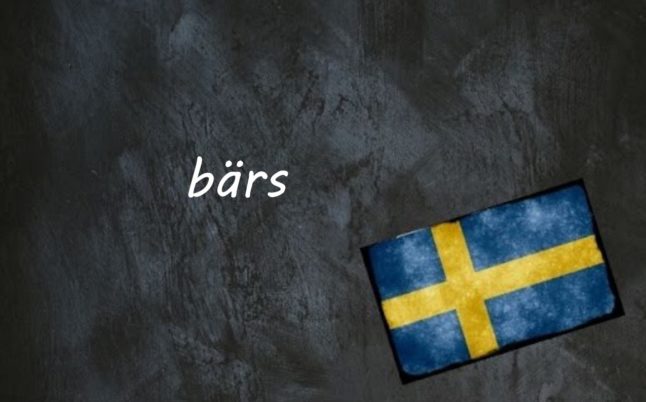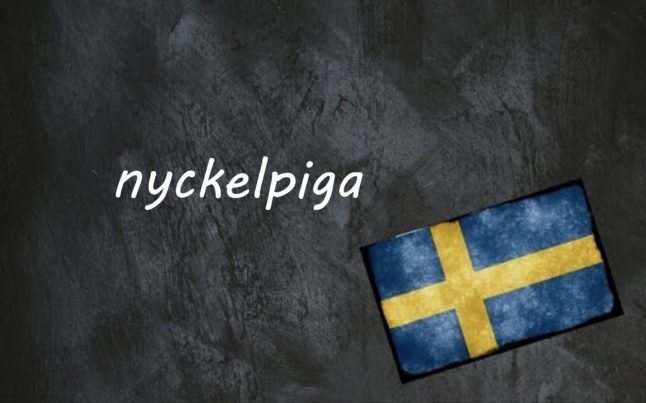But why?
Beer has been drunk and enjoyed in Sweden since at least the Iron Age. Its usual Swedish name, öl, is related to the English word “ale” and probably has its roots in Latin alumen (feast) since this was when it was often consumed.
In fact, in older variants of Swedish, öl was also used to mean “feast”, and this meaning lives on in compound nouns like gravöl (funeral arrangements) and taklagsöl (roof-laying feast or housewarming/moving party).
As for en bärs, this word came along later. It’s a shortening of the phrase bayerskt öl (Bavarian beer) which got shortened over time to bayersöl and then just to the snappy one-syllable bärs. This form has been recorded in written Swedish for at least 100 years, and you can also use the verb bärsa to refer to drinking beers.
If you’re looking for another colloquial term for beer, you can also use bira, which comes from the Italian birra. Bear in mind that whether you say bärs or bira, these can be used to talk about beer in general, so it doesn’t need to be Bavarian or Italian.
Examples
Vi ska ta en bärs, vill du följa med?
We’re going for a beer, do you want to come?
Var kan jag hitta stans bästa bärs?
Where can I find the best beer in town?



 Please whitelist us to continue reading.
Please whitelist us to continue reading.
Member comments